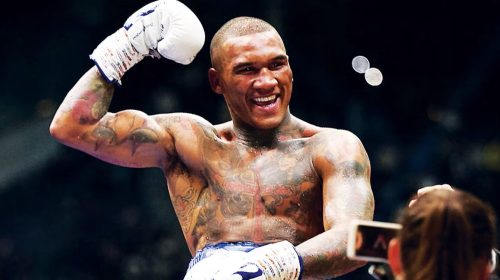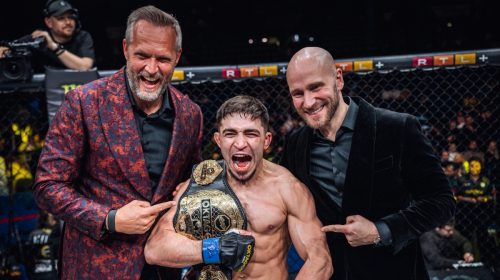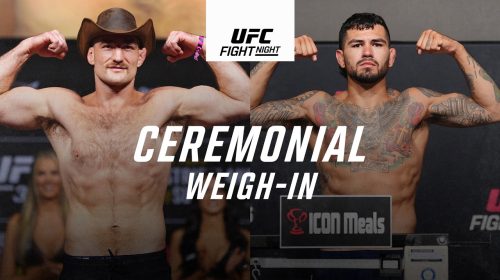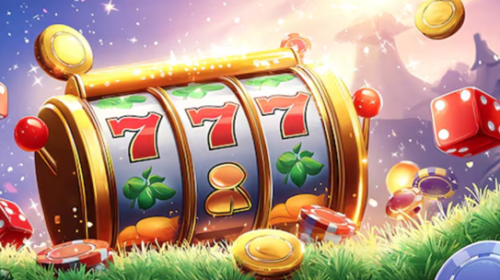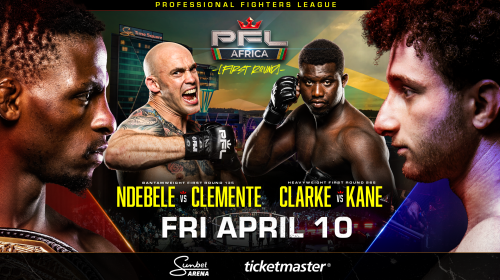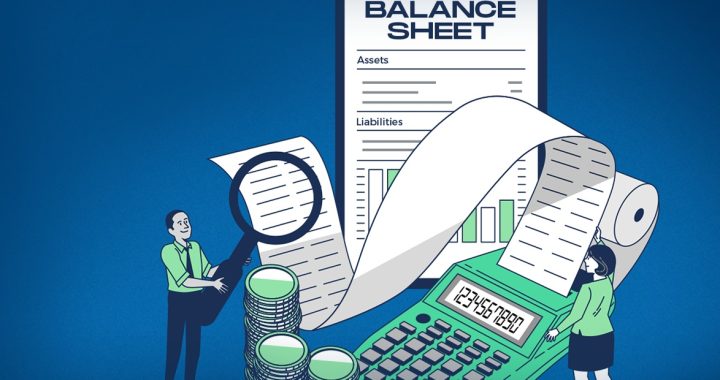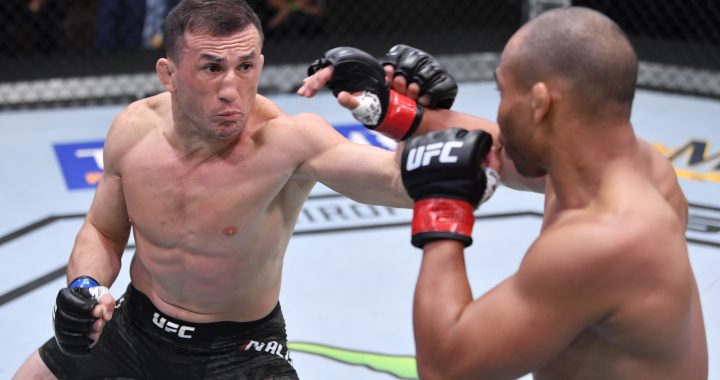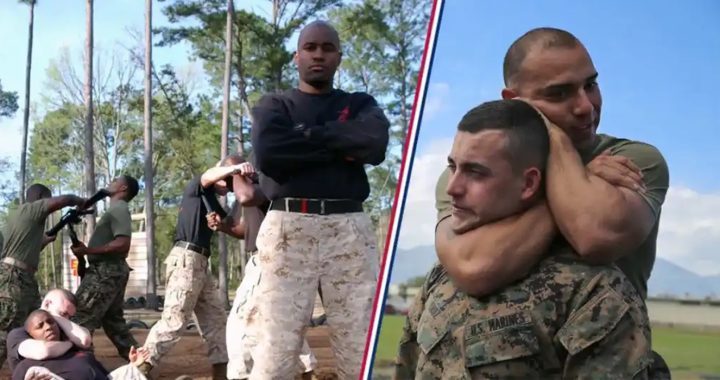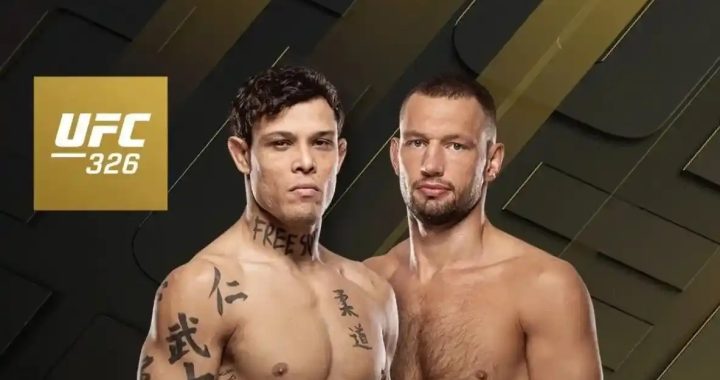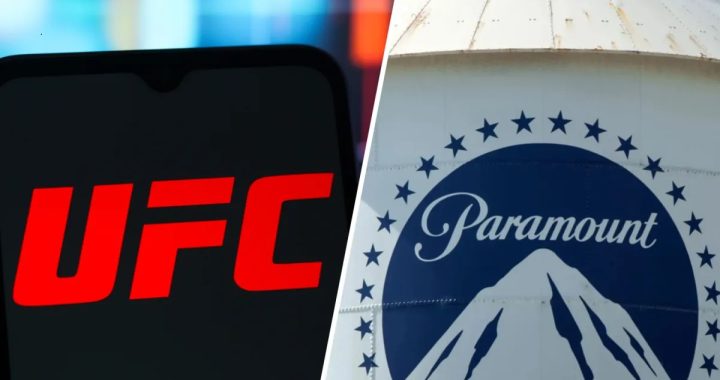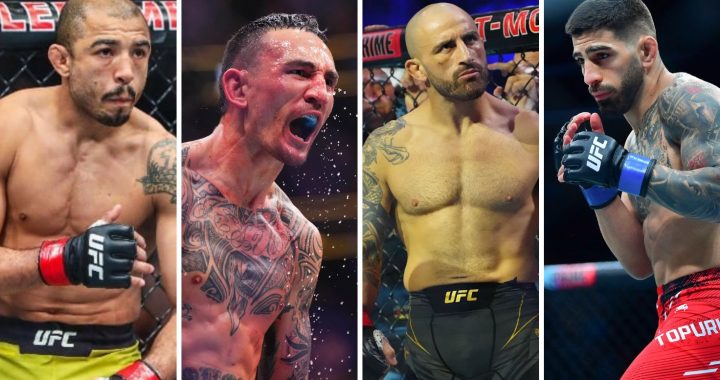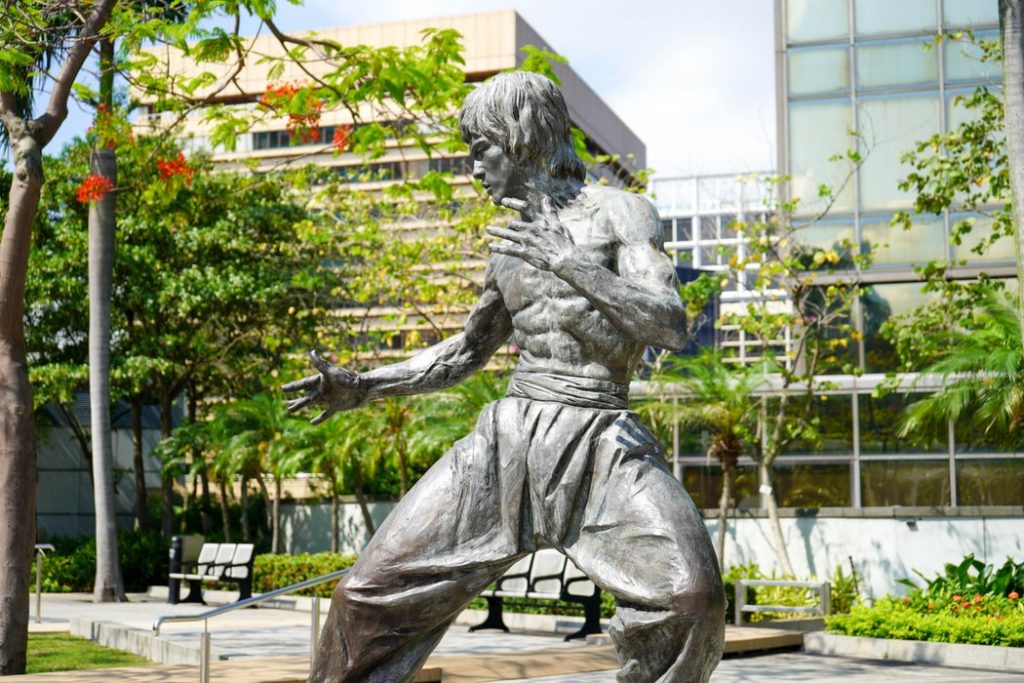
Bruce Lee’s Ongoing Influence on MMA and Wider Culture
We won’t say that MMA wouldn’t exist without Bruce Lee, but it sure would look different. He was a significant figure in the development of the sport, both from a technical perspective and in bringing it to a broader audience. Even though he died nearly fifty years ago, he continues to be a presence both inside the cage and out. You’ll find his face on t-shirts, in video games, in movies (played, of course, by a different actor), and in the minds of MMA fighters, many of whom have cited Lee as a significant influence on their career.
In this blog, we’re going to take a look at how, while Lee may have left Earth, he’s never really left us.
Wider Culture
We’ll talk about his impact on UFC later, but first, let’s look at Lee’s non-MMA legacy. It’s not just in the cage that Lee’s presence is felt. His legacy influences all aspects of culture, from music and gaming to movies, the medium that established Lee as a bonafide star. While the Chinese-American is closely linked to martial arts, he’s one of those people that transcended their medium; he’s now a pop icon, and you’ll find his image everywhere, included in street art, on t-shirts, and on people’s bodies (in tattoo form). Indeed, sometimes, it feels like you just can’t escape his image and influence. In 2020, RZA released ‘Be Like Water,’ a tribute track to Bruce Lee, while at wildz.com/ca/slots, you’ll find ‘Wild Fight,’ a slot machine game inspired by the martial artist. There have also been many characters in video game franchises that bear a striking resemblance to Lee, and famous faces such as Stephen Curry, Eddie Murphy, and Jackie Chan cite Lee as an inspiration.
Not every representation of Bruce Lee is positive, as anyone who has seen Once Upon A Time In Hollywood, written and directed by Quentin Tarantino, can attest. In that movie, there’s little sign of Lee’s dignity and positive aura. Tarantino stood by his characterization of Lee (but then again, he would — controversial comments are a favorite movie-promoting tactic of his), but others were quick to point out that the real Lee was nothing like the arrogant jerk we see in the movie.
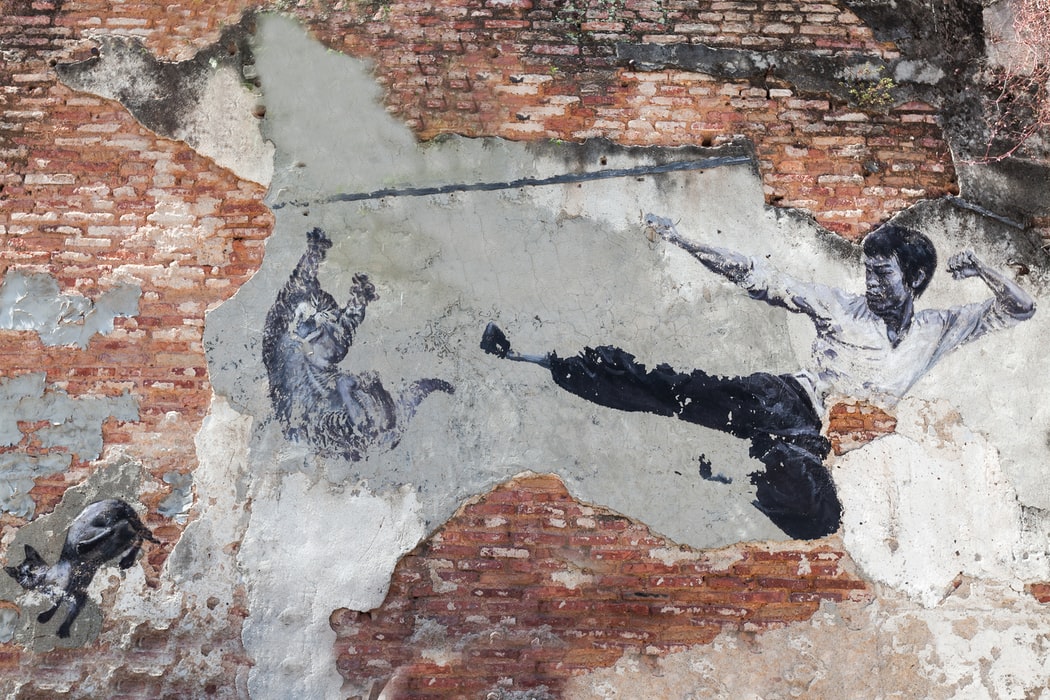
Influence on UFC
If you’re known as the father of the UFC, then you’ve had an influence — and that’s just what the UFC president said Lee is. The respect that the UFC feels for Lee was seen during the franchise’s first trip to China when they included a large scale photograph of Lee on the promotional items. But enough about the promotional aspect: what is his legacy in the ring? So profound is Lee’s influence on MMA fighters that it would be faster to mention who he didn’t influence (but we can’t think of anyone, so we won’t).
Kenny Florian calls Lee his hero. Urijah Faber says he learned how to adapt and the importance of variety from Lee. Randy Couture says he dreamed of being Lee when he was a kid. That’s just a selection of the fighters that mention Lee as an influence, but really, all you need to do is look at how fighters conduct themselves in the cage. A lot of that conduct comes directly from Lee. Showing respect for the opponent, using your body’s strengths and weaknesses to your advantage, and, perhaps most important of all, training the mind to withstand the grueling training schedule and overcome setbacks. The best fighters have all of those things.
It’s been nearly fifty years since Lee’s untimely death, but his influence shows no signs of waning just yet. Indeed, the more the years pass, the more his legend grows. Don’t be surprised if we’re still talking about Lee in another fifty years.
